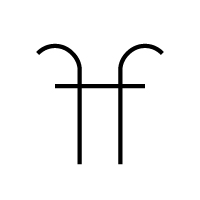We think of the word "left" as the act of leaving, of closing the door and saying goodbye, for a little bit, or forever. But left is also being left, in the cold or in the dust. It is abandonment. It is giving up when you don’t know what else to do, when all of the solutions that seem feasible don’t work anymore. To leave is to say no, and also to say yes. To be left is to wonder. Forever.
Juliet Gagnon’s Left pushes and pulls between the leaving and the being left. It weaves the residue of these actions through the body’s memory. What does the body feel when faced with astounding loneliness and confusion in youth? How does the body respond to disgruntled domesticity, marriage, and motherhood? Gagnon beautifully wrestles with these hard questions. She prods and probes relationships in decline. You lean on the horn downstairs. I rush to cover your bad manners with goodbyes and kisses.
Every so often I pick up a book and read the first few lines, then shortly after, the last few lines come with a pang. There is a beginning and an end to this book, but the beginning and the end seem to merge through a deep presence of cacophonous words and the echoed space between what is said and what is not. In that present space I am carried through the storyline and straight into the heart and mind of the narrator. Their woes become mine. Their questions become mine. Their loss and discoveries too. Our cells merge. Our dreams become one. Left, by Juliet Gagnon is this type of book, an extraordinary collection of short prose stories, rough memory patches, and tragic whispers that read like a scream.
Buy Left HERE

